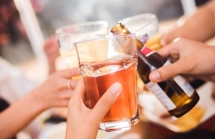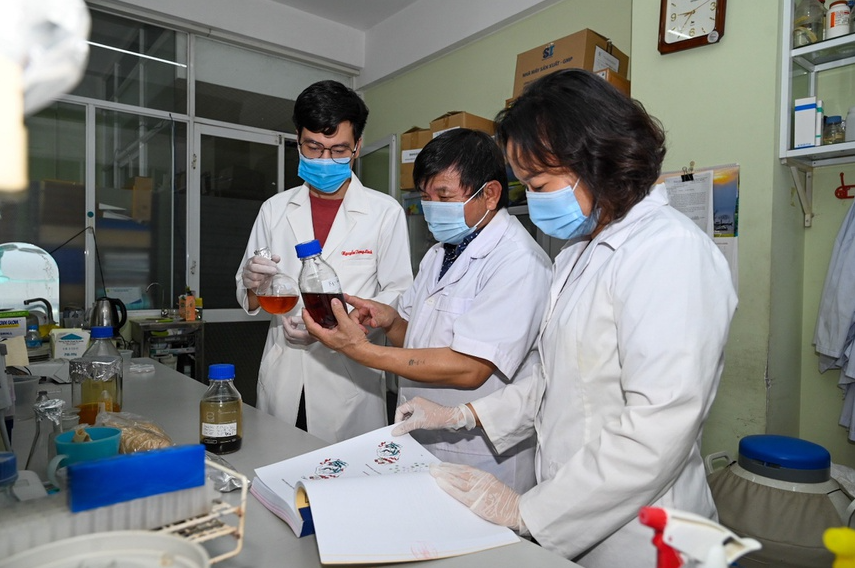Drinking alcohol can increase the risk of getting coronavirus
| Law on Alcohol Harm Prevention takes effect on January 1, 2020 | |
| Malaysia to raise cigarette prices, minimum age to buy alcohol | |
| Alcohol abuse kills 3 million a year, most of them men: WHO |
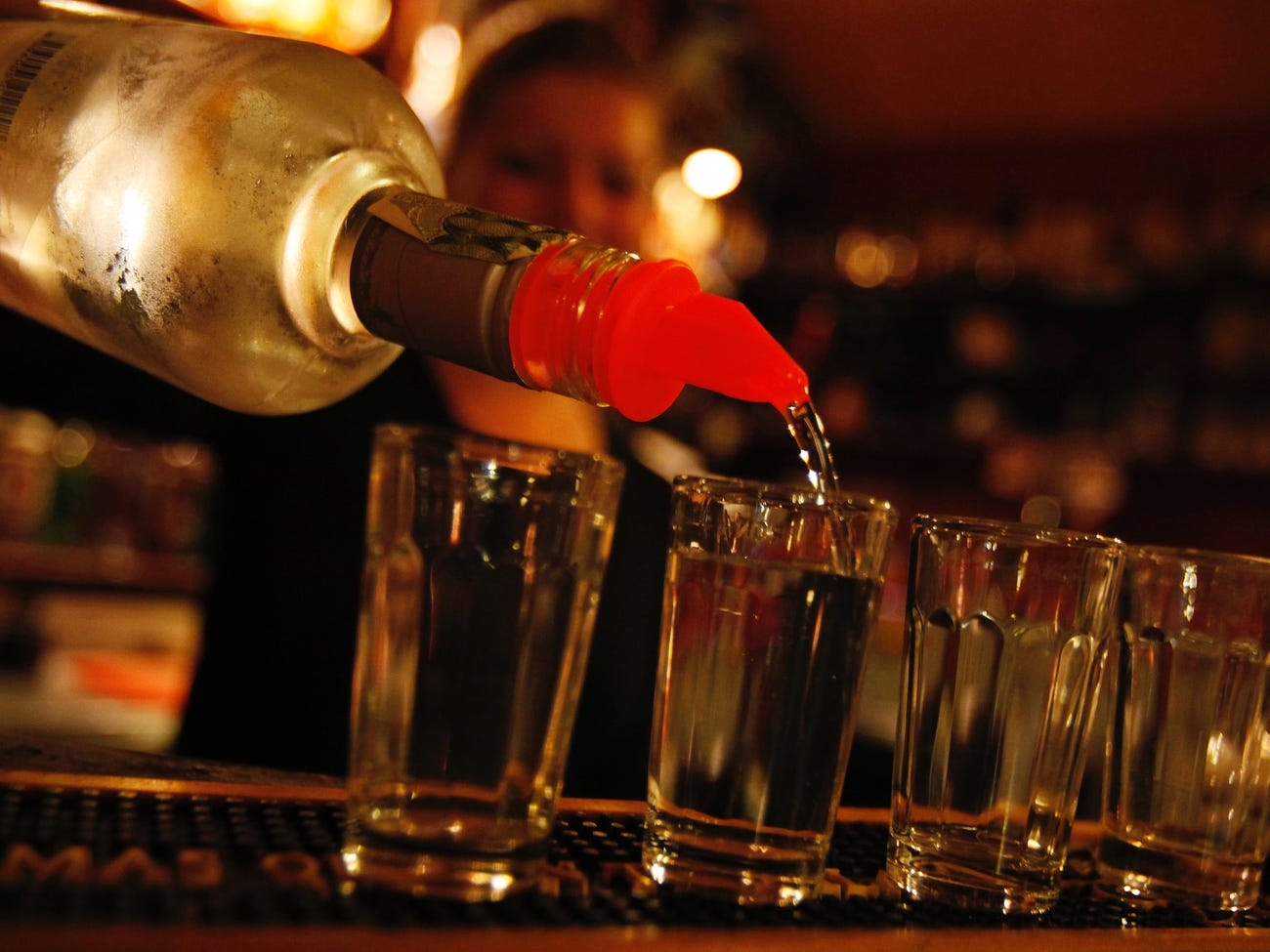 |
| Illustrative photo. REUTERS/David W Cerny |
“Alcohol is known to be harmful to health in general, and is well understood to increase the risk of injury and violence, including intimate partner violence, and can cause alcohol poisoning. At times of lockdown during the COVID-19 pandemic, alcohol consumption can exacerbate health vulnerability, risk-taking behaviours, mental health issues and violence.”, the WHO’s regional office for Europe said on its site on Tuesday.
Alcohol consumption is associated with a range of communicable and noncommunicable diseases and mental health disorders, which can make a person more vulnerable to COVID-19. In particular, alcohol compromises the body’s immune system and increases the risk of adverse health outcomes.
Therefore, people should minimize their alcohol consumption at any time, and particularly during the COVID-19 pandemic.
As Australia went into Covid-19 lockdown, alcohol sales increased. It’s tempting to drink in times of stress, but habits picked up now could be difficult to break |
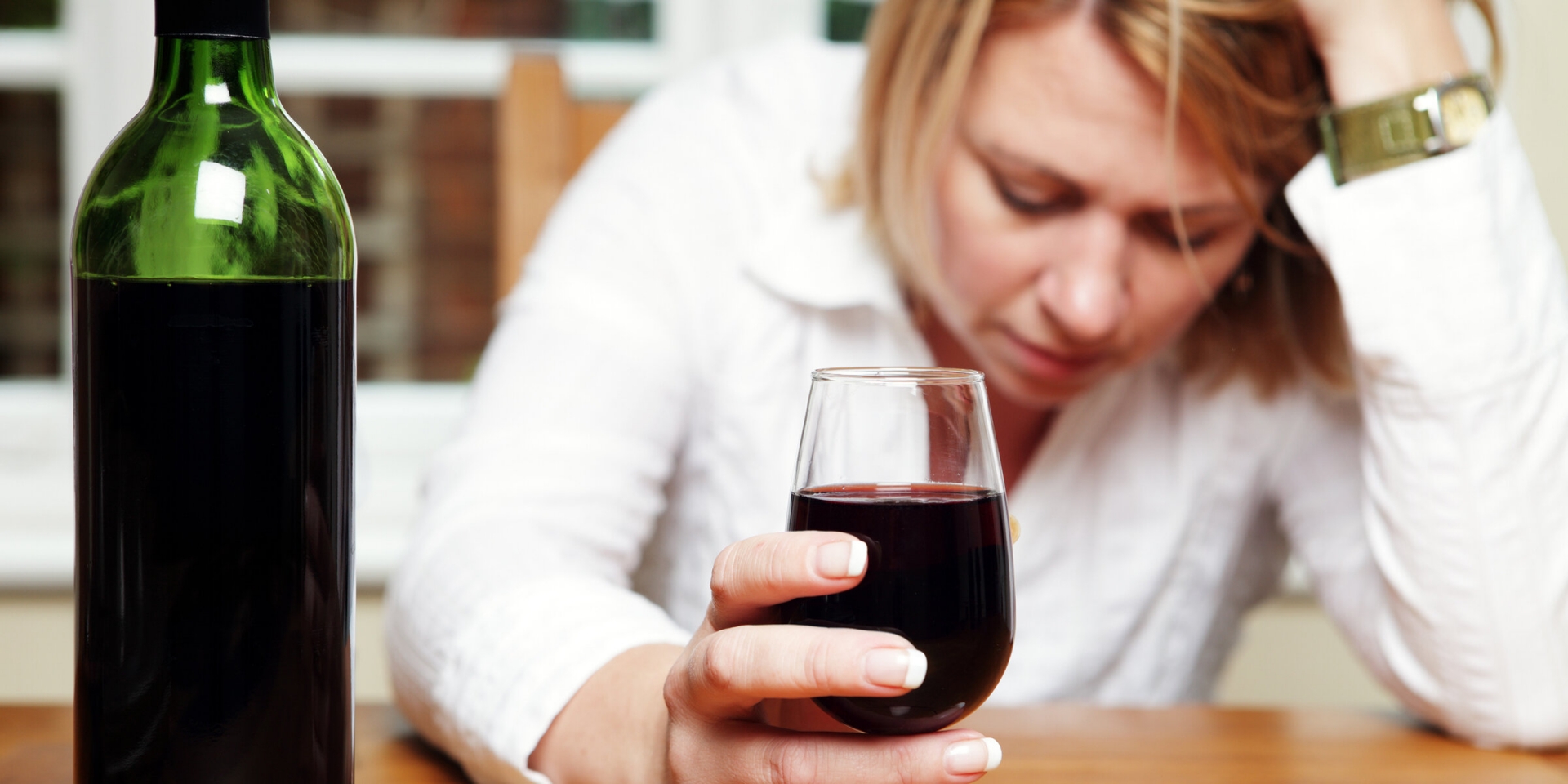 |
Drinking alcohol can increase the risk of getting coronavirus |
Does alcohol kill coronavirus?Your hands are one of the main routes that viruses make their way from surfaces to your respiratory system, so keeping them clean is one of the most effective things you can do to stop yourself contracting the virus. Wash your hands thoroughly with soap and water where possible and if you can’t get to a sink, an alcohol-based hand sanitiser will do the trick. While the effectiveness of alcohol gels depends on the virus being targeted – which is why some alcohol hand rubs aren't very effective against norovirus – the coronavirus has an envelope structure which alcohol can attack. Hand sanitisers with more than 60 per cent alcohol content are most effective at killing microbes, but don’t try and make your own sanitiser at home. At best, it’ll probably be less effective than high-street versions and at worse you could end up severely damaging your skin. |
Restricting alcohol access during the COVID-19 pandemic
WHO said, alcohol is responsible for 3 million deaths a year worldwide, a third of which occur in the European Region. Not only is this the region with the highest alcohol intake and the highest prevalence of drinkers in the population, but it is also the region with the highest prevalence of alcohol use disorders in the population and the highest share of deaths caused by alcohol, among all deaths.
“Alcohol is consumed in excessive quantities in the European Region, and leaves too many victims. During the COVID-19 pandemic, we should really ask ourselves what risks we are taking in leaving people under lockdown in their homes with a substance that is harmful both in terms of their health and the effects of their behaviour on others, including violence,” says Carina Ferreira-Borges, Programme Manager, Alcohol and Illicit Drugs Programme, WHO/Europe.
Existing rules and regulations to protect health and reduce harm caused by alcohol, such as restricting access, should be upheld and even reinforced during the COVID-19 pandemic and emergency situations; while any relaxation of regulations or their enforcement should be avoided.
This needs to be complemented by communicating with the public about the risks of alcohol consumption, and maintaining and strengthening alcohol and drug services.
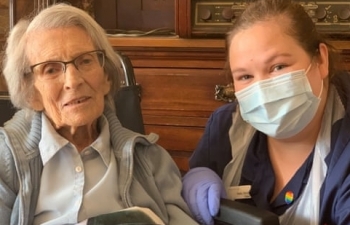 | 106-year-old COVID-19 patient discharged from hospital While the elderly are proved to be the most vulnerable victim of the novel coronavirus, Connie Titchen considered Britain’s oldest COVID-19 sufferer, was released from ... |
 | Latest updates of coronavirus in Europe: Some countries ease lockdown, others prepare for the worst Europe has recorded over 900,000 Covid-19 infection cases and more than 88,000 epidemic-related deaths on April 16. The hardest-hit continent has seen some countries that ... |
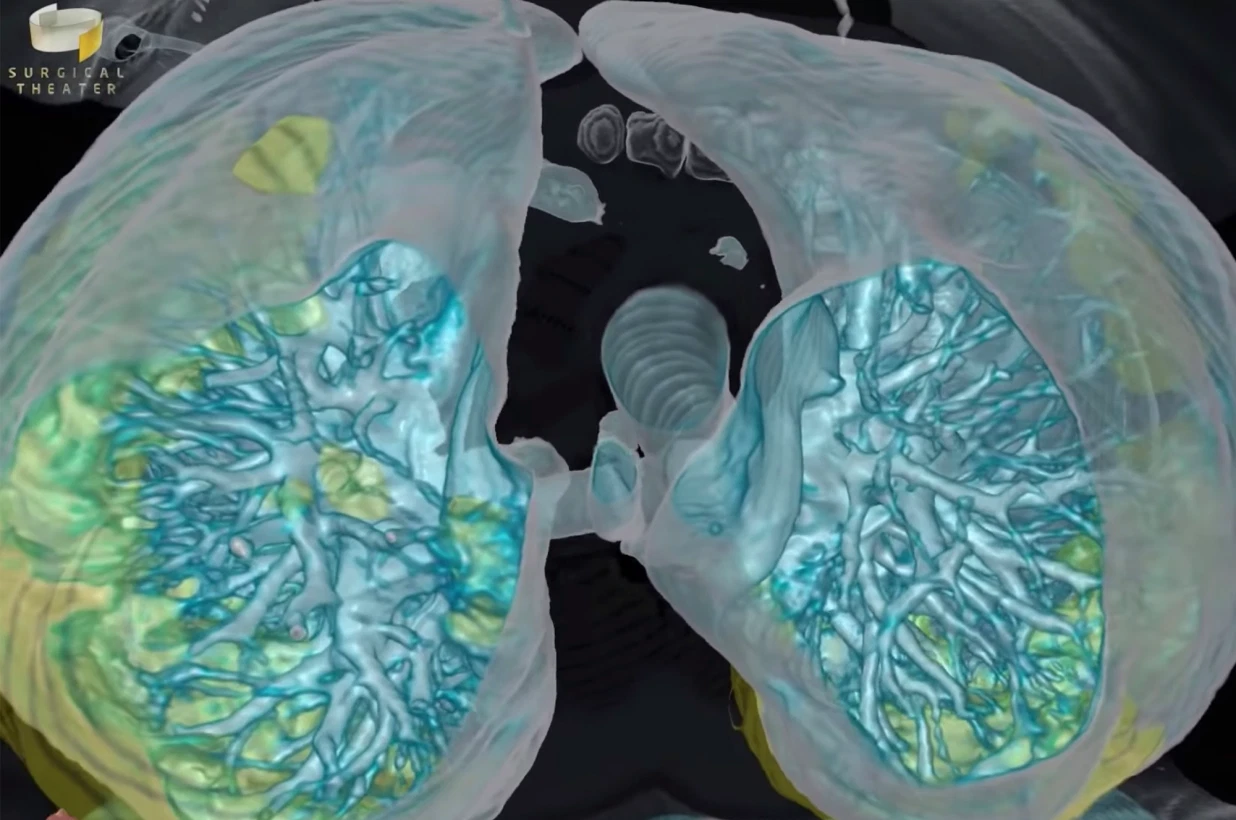 | Coronavirus causes damages to the kidneys, hearts Recent findings show evidence that the coronavirus does not only inflaming and clogging the tiny air sacs in the lungs but also causes damages to ... |
Recommended
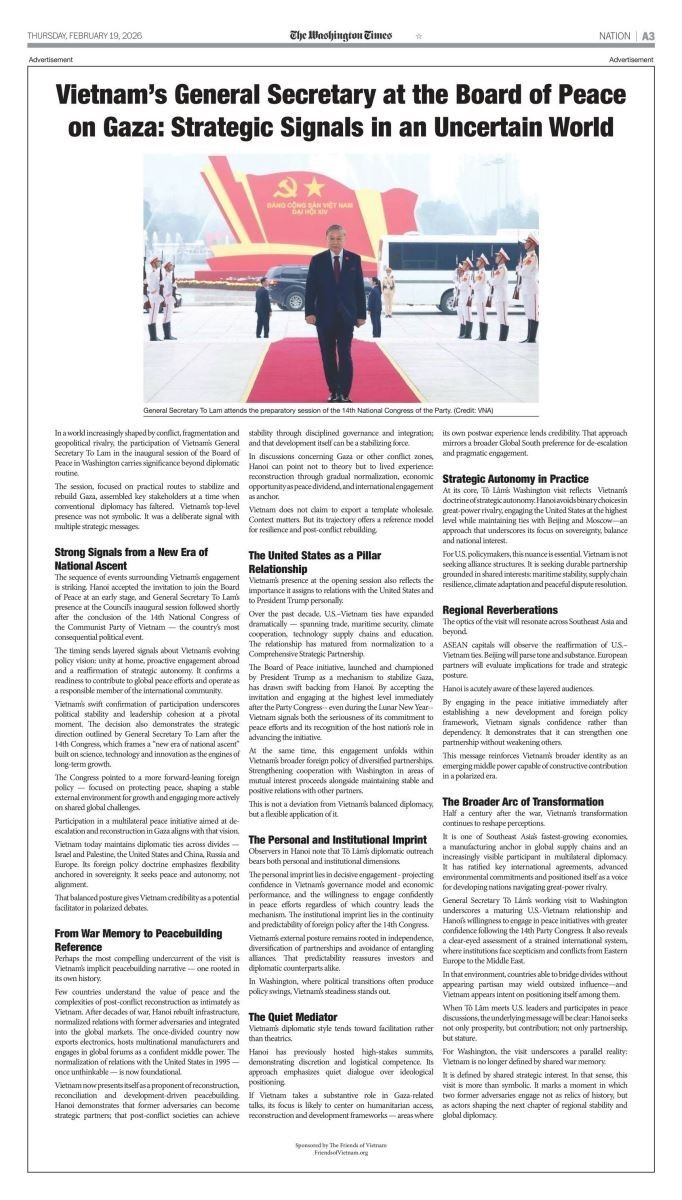 World
World
US Media Commend Vietnam’s Role in Global Peace Efforts
 World
World
Vietnam Officially Becomes Association Country of International Energy Agency (IEA)
 World
World
Key pacts signed as PM Modi hosts France's Macron for plane cooperation
 World
World
India, Canada commit to strengthening bilateral ties, discuss trade
 World
World
AI Summit India 2026 Live Updates: ‘Bringing the world together,’ PM Modi welcomes leaders as India hosts AI summit
 World
World
Safran ready to open India engine production in Rafale deal
 World
World
Nepal interim PM Sushila Karki thanks India for March support
 World
World

